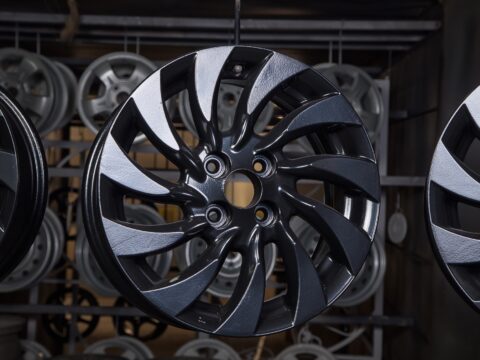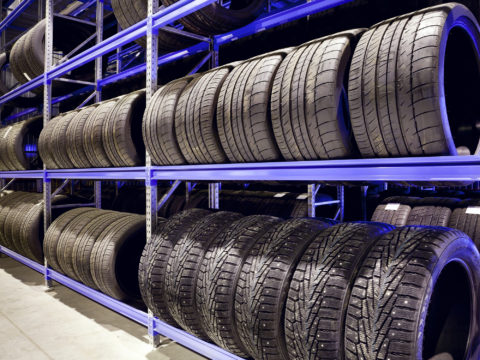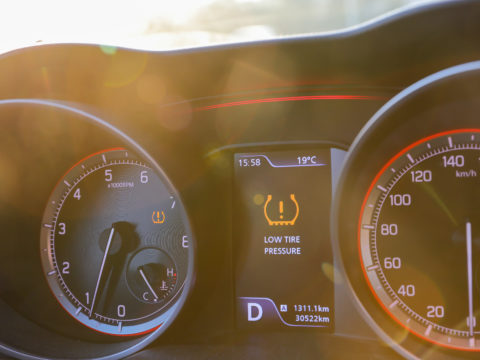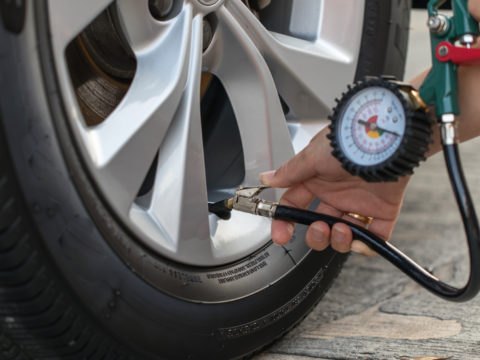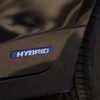Wheel bearings are crucial components of a vehicle’s wheels that connect the axis to the wheel. It allows the wheel to rotate easily with minimal friction. If the wheel bearings aren’t working correctly, the wheel may stop while you drive or even fall off.
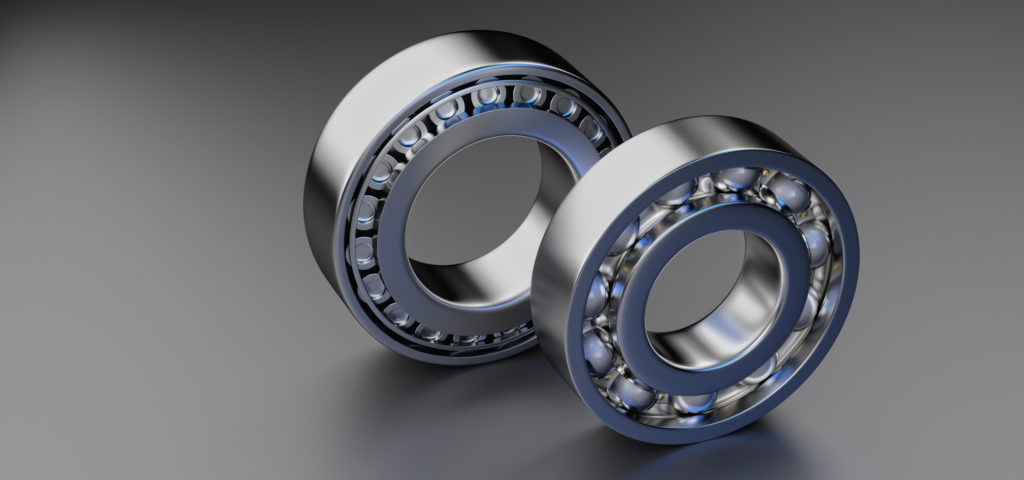
This could result in a dangerous crash and, at the slightest, cause extreme damage to your vehicle. Therefore, it is imperative to check your bearings regularly to maintain them to a suitable standard.
In general, wheel bearings will cost between $50 and $120.
Contents
Wheel bearing assembly overview
Inside practically every wheel of a new vehicle, you will find these miniature ball bearings that allow the wheel to rotate smoothly without disturbance. They are essential for your car to work correctly.
Although these bearings are not included in the regular maintenance of a vehicle, you need to be able to recognize when they need repairing or replaced. Over time, the bearings will become worn out, and if you don’t get them replaced, the consequences can be pretty severe.
So, first of all, what are wheel bearings? They are tiny metal balls that are kept in rings that decrease the wheel’s friction, allowing them to rotate easily under the vehicle’s weight. They can be found in the wheel’s hub, which connects the axle to the wheel, and each spin will have its own set of bearings.
Two main types of bearings can be found in the wheels of your vehicle, ball bearings and roller bearings. Ball bearings use tiny malls, which means the contact area is much smaller, ideal for smooth rotation.
These ball bearings are usually sealed, which is excellent for protecting against contamination; however, they cannot be serviced. On the other hand, roller bearings can be described as small cylinders located in a tapered housing of a circular structure. This type of wheel bearings are not sealed and can be serviced; however, they are at risk of contamination.
How long your bearings last will depend on how you drive and the conditions you operate your vehicle in. If you tend to go fast and erratically, you can expect the bearing to become worn out much quicker.
The bearings manufacturer will also play a factor in how long they last. There are different bearing qualities, and some are more well made than others meaning that higher-quality bearings will last longer. On average, you can expect the bearing in your wheels to last anywhere between 75,000 to 100,000 miles.
Some problems with cars can speed up how fast the bearings become worn and damaged, so if you notice any of the signs mentioned below, visit the repair shop to diagnose the problem. Wheel bearing replacement isn’t necessarily cheap, but the risk of not getting them replaced is much greater than losing money.
How many wheel bearings does a car have?
In a car, you can expect to find a total of four-wheel bearings, one for each wheel. This means that the maximum number of bearings that might need replacing will be four, so you can know the type of cost you can expect to do this. Although the price can be high to some, the likelihood of needing to get them replaced any time again soon is slim.
Average prices of wheel bearings
The cost of wheel bearings will depend on the model of the car and the specific bearings that it may require. However, you can expect to pay around $50 to $120 for a set. This would mean replacing all four bearings, which will cost between $200 and $480. To replace a wheel hub, you can expect to pay around $200 and $500.
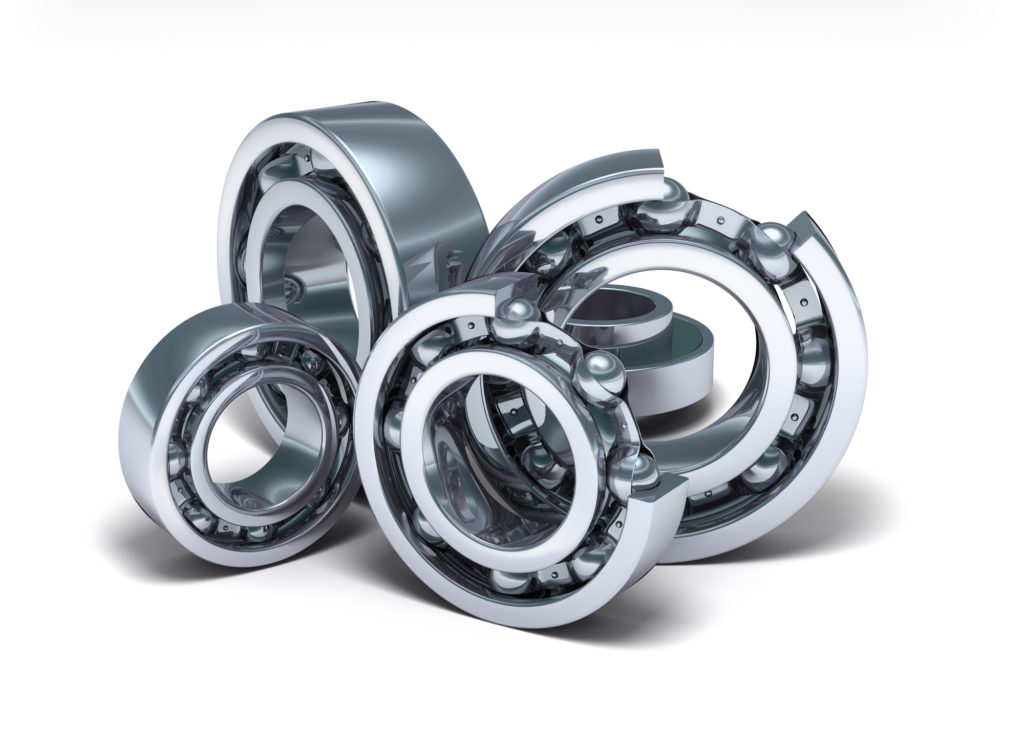
How much does wheel bearing replacement cost?
The cost to pay someone to install the new wheel bearings can vary between $60 and $300, and you can expect it to take between 1 to 2 hours. Overall, replacing the wheel bearing can cost anywhere between $150 and $800. This is because it will cost a lot more if the hub needs replacing. The overall consensus will depend on the model and make of the car.
Front-wheel bearing replacement cost
To replace both front wheel bearings, you can expect to pay between $250 and $500. The bearings will cost around 60$ to $100 each, with additional labor costs between $140 and $280 to replace both front wheel bearings.
Rear-wheel bearing replacement cost
The cost to replace the rear wheel bearings is similar to the front wheel bearing. You can expect to pay around $70 to $170 for the parts and $140 to $280 for labor costs. It will then cost you $210 to $450 to replace both rear wheel bearings.
Signs your wheel bearing needs replacement
You should recognize several signs as an indication that you should check and potentially have a wheel bearing replacement.
Tire wear is uneven
If you notice uneven tire wear where one tire is wearing out a lot faster than the others, this may indicate a problem with the wheel bearing, and it might need replacing. It could also mean that the tire is not inflated correctly, so make sure to have a thorough investigation to find what is causing it.
Steering wheel vibration
If a wheel bearing becomes worn, one of the main effects of a bad wheel bearing is the vibration it can cause to steering. The vibrations will increase with speed, and you may notice that the vehicle begins turning to the left or right without turning the wheel. This is a particularly dangerous symptom of wheel replacement.
If your car begins to swerve, it could cause another driver to do so, particularly on a motorway, which can result in a crash or cause a life-threatening situation. Again, this vibration can be caused by other problems, including worn suspension parts, so check all your car components properly.
ABS failure
A bad wheel bearing can cause the wheel to wobble, which can cause the speed sensor in the rotation not to function correctly. This can cause the ABS to stop working or only work sometimes. You should seek professional help to diagnose the problem.
Vehicle pulls to one side
If your vehicle has a bad wheel bearing, you may notice your vehicle pulling to one side when applying the breaks. The direction in which the car pulls will indicate which lousy wheel bearing is causing the problem.
If you feel the vehicle pulling to the left, it’s clear that the problematic wheel is the left wheel, and vice versa if it’s on the right. Again, this pulling can result from other issues with the car, including brake caliper issues, so it is essential to check the vehicle over thoroughly.
Steering feels loose
If you start to notice that the steering wheel feels loose while driving, this could indicate that the steel ball bearings have become worn. You may also see that the steering wheel vibrates, and you get less response when trying to make turns.
Any of the above signs are indications that you should visit the garage to find out what is causing the problem, as this can be dangerous.
Can you replace just one wheel bearing?
You can replace just one of the wheel bearings if the problem is caused by one wheel. However, both wheel bearings are likely to have experienced similar wear and tear. It would make more sense to replace both. This is because if you only replace one of the bad wheel bearings, you will need to replace the other one at some point in the future.
How much does it cost to replace one wheel bearing?
Wheel bearing replacement costs can vary quite a lot. If you noticed uneven tire wear due to bad wheel bearings but only in one wheel, you can opt to replace just one bearing. It will cost between $60 and $150 for the bearing alone and $70 to $280 for labor costs. If the entire hub assembly needs replacing, you can expect to pay between $200 and $400 for a single wheel.
Where to buy/replace wheel bearings
You can find bearing replacements for your while at almost any car repair shop, and they will help you choose the right type of bearing for your specific car model. They will also help diagnose if you need a replacement or if something else is causing the problems with the car.
You can also purchase bearings for your wheel online if you know your car’s type. Have a thorough search until you find one sold at a reasonable price.

